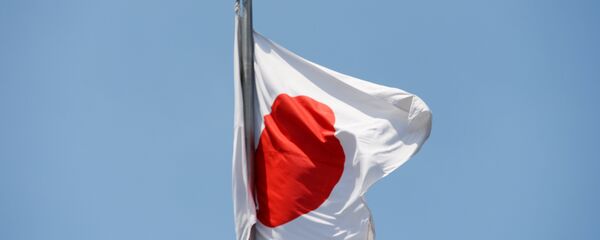Kristian Rouz — US Treasury Secretary Steven Mnuchin's proposal last week to target North Korea's oil imports via a new round of sanctions bears a striking resemblance to a similar move which led to full-scale US involvement in WWII almost eighty years ago.
The US oil embargo against Imperial Japan in 1941, which relied heavily on imported fuel, led to the tragic events of Pearl Harbor. The current prospect of an oil embargo against North Korea, which is also heavily dependent on the imported oil, brings war closer.
Elevated tensions on the Korean Peninsula are already in danger of resulting in a full-scale military conflict. Pyongyang has launched a projectile over Japan, and conducted its most-powerful-yet nuclear test, which is believed to be a subterranean hydrogen bomb test.
North Korea claims it can mount an H-bomb on its existing ballistic missiles in order to attack either the US allies in the region, such as Japan and South Korea, or the US territory of Guam, or the US mainland — if Pyongyang indeed has an inter-continental ballistic missile.
In the most recent development, Japan has voiced support for Secretary Mnuchin's plans to curb North Korea's oil imports, with Japan's Defense Minister Itsunori Onodera supposing such a move. This would effectively prevent further ballistic missile launches.
"Japan's security environment, including North Korea is increasingly grave — perhaps it's at the most serious state in the post-war period," Onodera said in an interview. "If North Korea-bound oil, mainly coming from China, decreases through pressure from the international community, it will be difficult for North Korea to operate its missile brigades."
Amid slower growth and mounting headwinds to its foreign trade, China might opt to cease or significantly decrease its oil shipments to Pyongyang in order to avoid the possible disruptions which the US Treasury's sanctions might cause.
Subsequently, North Korea might find itself with only a limited amount of fuel left, and rush to undertake a similar effort to that of Imperial Japan's in 1941 — a desperate attack against the US, its allies, or third nations, depending on its nuclear warhead delivery capabilities.
North Korea sees its situation as quite similar to Imperial Japan's outlook in the early 1940s. Surrounded by the hostile capitalist countries, and struggling to preserve Juche, a bizarre mix of Marxism and traditional Oriental state governance, Pyongyang, deprived of the vital strategic commodity, might conclude that an attack on the US is its only feasible option.
Now, mainland China has warned it would protect North Korea only if Pyongyang is attacked first. Should North Korea make the first move, Beijing's position is unclear, but the global mess entailing a nuclear launch would diminish the effect of the US Treasury sanctions, allowing China to continue its oil supply to Pyongyang.
Russia appears to have the most weighted position on the issue. While saying the UN sanctions against North Korea don't work, Russia calls for a lengthy process of economic integration of North Korea into the regional economic structure, which would eventually defuse Pyongyang's suspicion and hostility toward the outer world, thus putting the prospect of nuclear war off the table for good.






